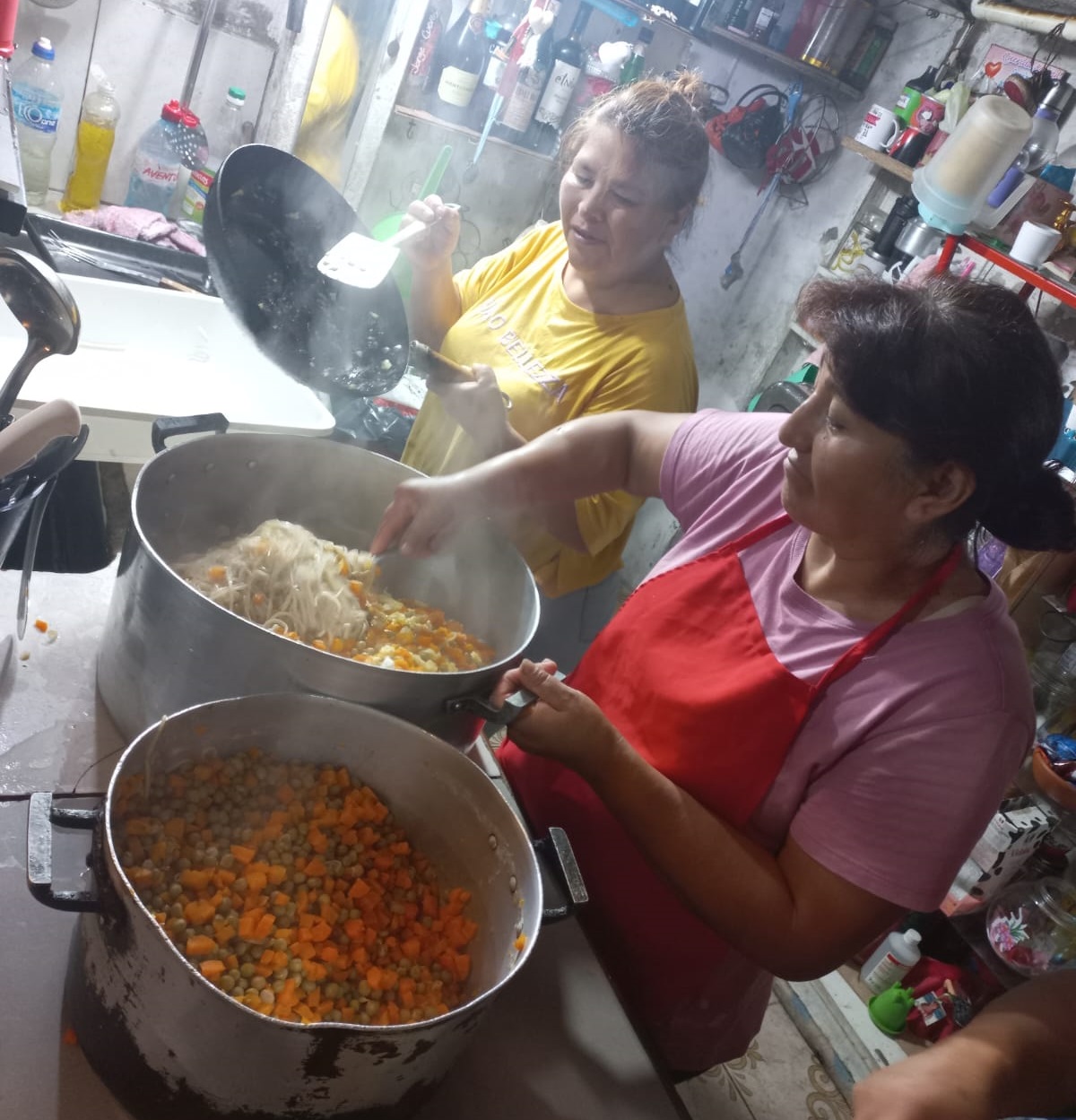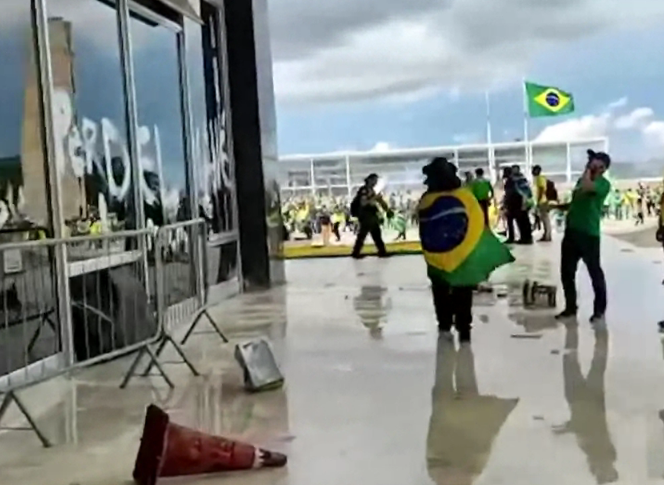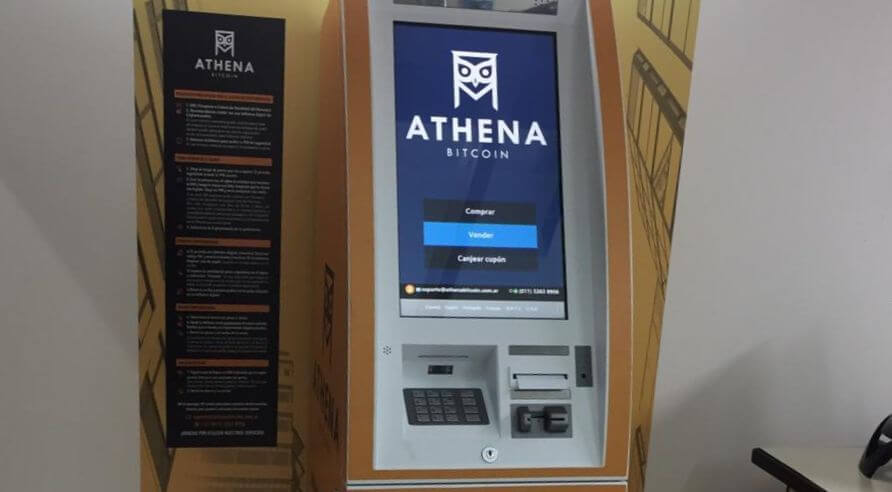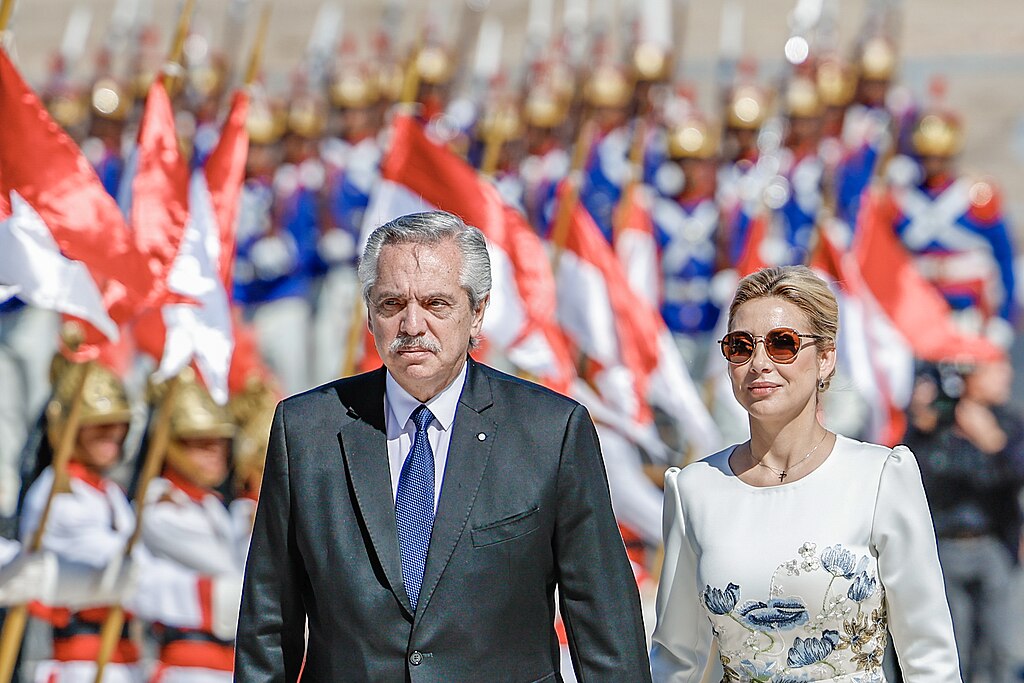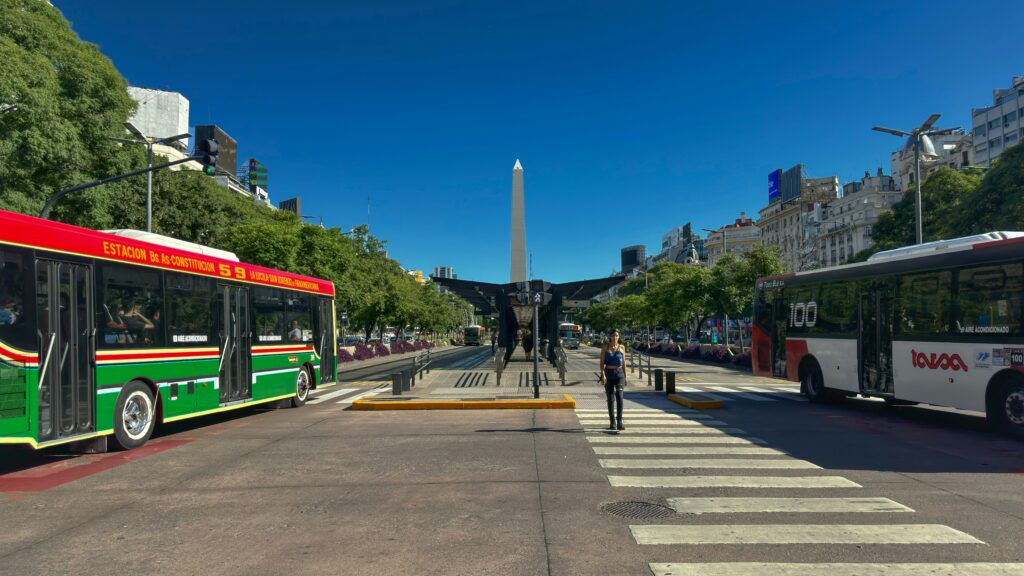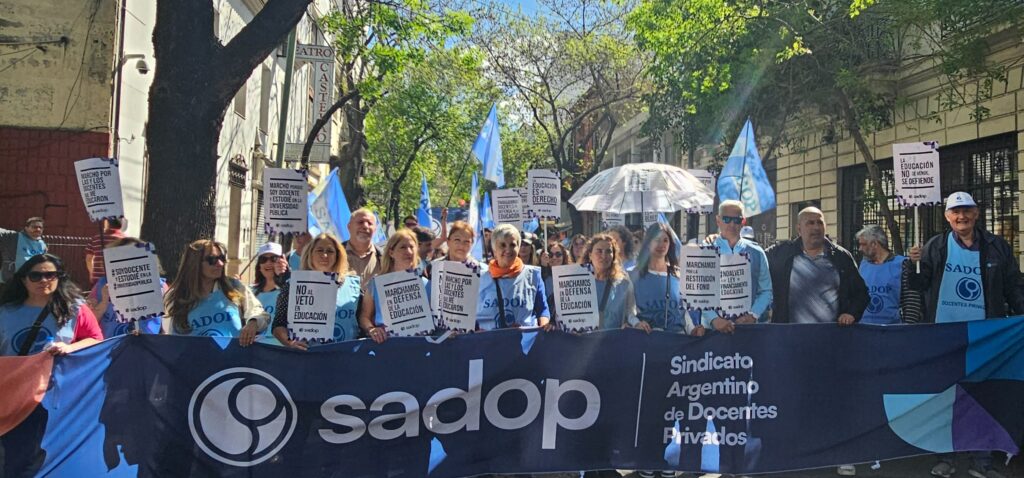Buenos Aires, Argentina – As the poverty level in Argentina reaches 57% of the population, soup kitchen operators are urging President Javier Miliei to reactivate the government food distribution program that was halted in December as part of massive cost-cutting efforts.
“I cook for 96 families, three or four rations each. This week I only received 18 chickens, it’s not enough,” Viviana Rodríguez, who works at a soup kitchen in Villa 31, one of the poorest neighborhoods in Buenos Aires, told Argentina Reports.
Argentina’s Human Capital Ministry is in charge of social welfare programs like soup kitchens. For many years, the government supplied noodles, rice, legumes, powdered milk and other cooking items to social movements and organizations that fed millions of people in the poorest neighborhoods in the country.
According to Rodríguez, the current administration hasn’t delivered any resources since December. She said that the Buenos Aires City Hall doesn’t answer her calls for help either, and her soup kitchen is currently only receiving food donations from the government of the Province of Buenos Aires.
“People here come in tears. Sometimes I don’t even feel like opening the door because I get very depressed,” Rodríguez said. “I know they are paying debts incurred by other presidents, but why does it have to be by taking out food from poor people?” she said, referring to the cost-cutting measures of Miliei’s administration.
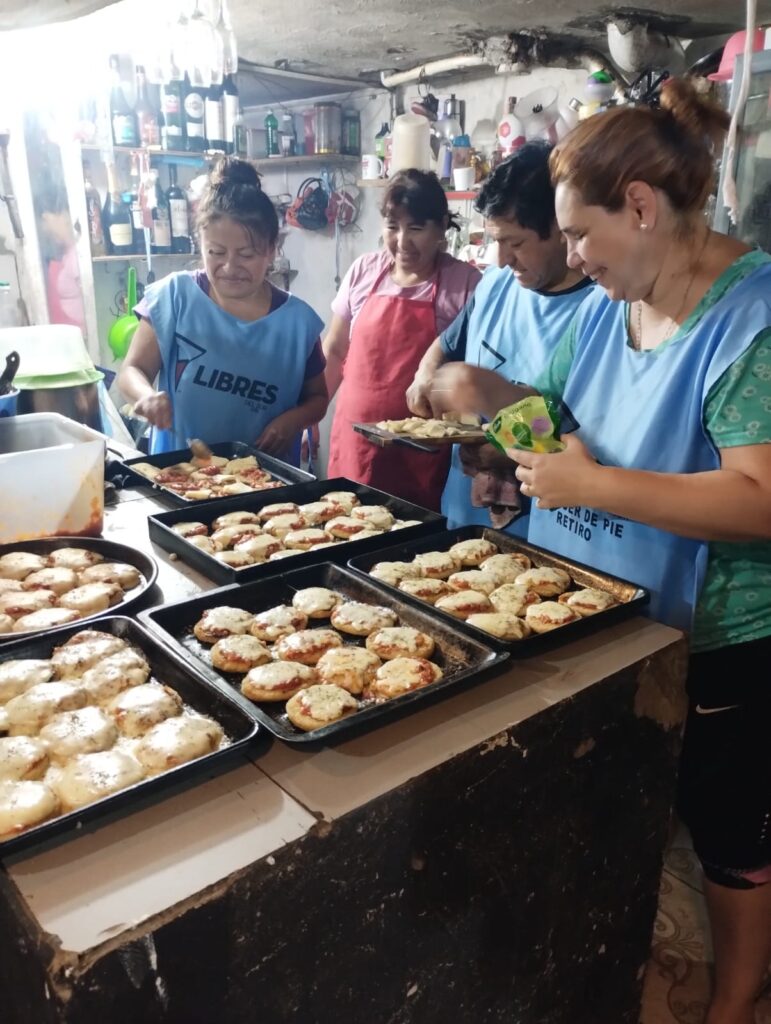
When Milei assumed the presidency on December 10, 2023, Argentina was experiencing its highest annual inflation rate in 32 years (211.4%). The president announced an economic shock decree which devalued the Argentine peso by over 50%, lifted price controls on everyday goods, and slashed spending across nearly all government agencies, including social welfare programs.
As prices skyrocketed for basic items, ordinary Argentines’ incomes couldn’t keep up with rising costs.
Read more: Poverty levels in Argentina hit 20-year high as income can’t keep up with inflation
While in January, Argentina achieved the country’s first fiscal surplus since 2012 by cutting 39.4% of primary spending, according to the Catholic University of Argentina’s social debt observatory, the number of people who can’t achieve a monthly income greater than the basic food basket jumped from 9.8% to 15% of the population.
According to interviews with women who work at some of Argentina’s 44,000 soup kitchens across the country, they’re seeing more people stream into their kitchens in search of help.
Torta frita and mate
Cintia Ávila was born and raised at Barrio Alberdi in Río Cuarto, a city in central Argentina’s Córdoba Province. She and 11 other women cook 435 rations of food once a week. Last Monday, the women decided to put a sign on the door announcing that they can’t increase the number of rations they cook any higher. “Our kitchen is not big enough, we have no more burners and pots,” she told Argentina Reports.
According to Ávila, the situation is worse than during the pandemic, when people were unable to go to work because of COVID-lockdown measures imposed by the administration of former President Alberto Fernández.
Since July 2022, the number of people who come to eat at her kitchen hasn’t stopped rising.
Ávila reflected fondly on 2019, when she cooked torta frita and mate for just 50 to 60 boys and girls, and had time to organize afternoon soccer matches for the children once a week.
Nowadays, the demand is so high that Ávila and her coworkers must prepare afternoon meals for 400 children, three times a week.
Poverty in Maradona’s hometown
María Luisa Corso works at El Atardecer, a soup kitchen in Villa Fiorito, a city in Buenos Aires Province that’s most well known as the hometown of soccer legend Diego Maradona.
“It’s so sad to see people who have stable jobs coming to ask for a ration,” Corso said, adding that her soup kitchen is seeking donations from the public.
Like Ávila, Corso said that the present economic conditions are harder than during the pandemic lockdowns. “Despite the fear of getting sick, I cooked and delivered food door to door to our neighbors. Now we struggle to even keep on having something to offer,” she said.
Corso said that since December, things have changed drastically at El Atardecer. Without food from the government, she had to stop some meal services and has started offering only afternoon meals for 150 people.
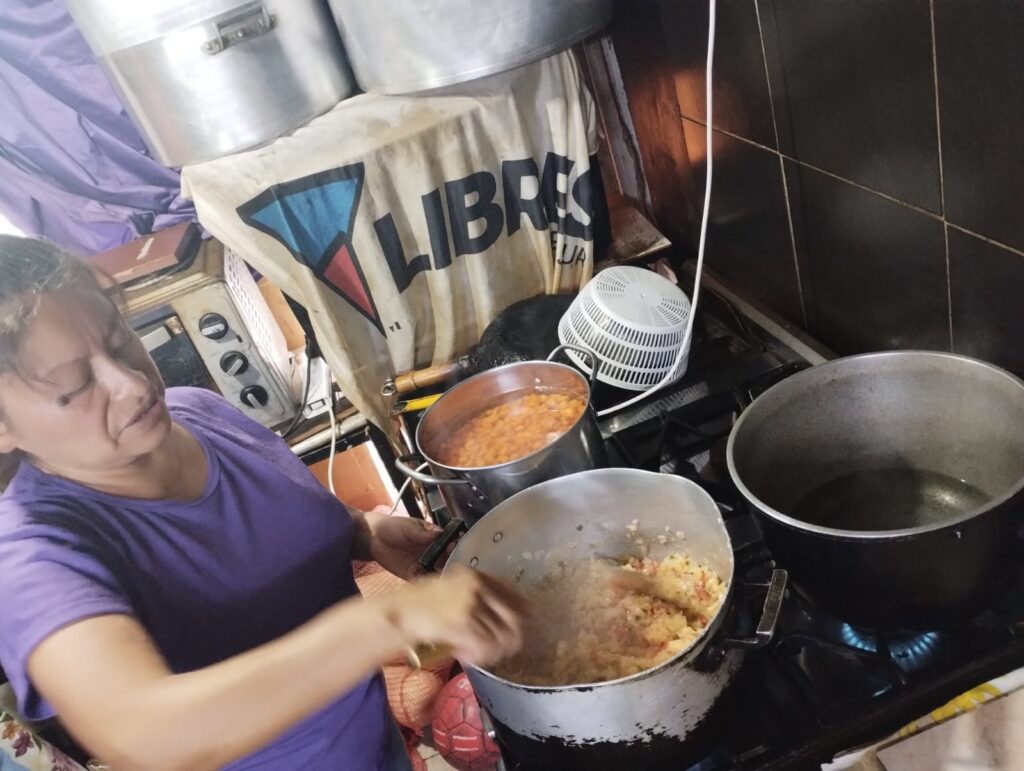
A new food emergency law
Norma Morales prefers to call soup kitchens community care centers. “We do so much more than just cooking: here people find primary healthcare, school tutoring, even women are helped in gender violence situations,” she told Argentina Reports. Morales works in the Villa Inflamable neighborhood in Avellaneda, a port city in the Buenos Aires Province.
According to Morales, families in need of food in her community center rose dramatically, from 80 to 350 people in just two months.
Because of supply restraints, Morales decided to cook only on Tuesdays, Wednesdays and Thursdays. “We know that people struggle to eat the rest of the week,” she said with regret.
Morales is a member of Barrios de Pie, one of the many social movements that organize and support many of the tens of thousands of soup kitchens in Argentina. “If they don’t stop the rise of poverty and hunger, soon we will have malnourished children all over Argentina,” she said, referring to the government’s measures.
Last week, Barrios de Pie, the Social Economy Workers’ Union (UTEP) and other social movements, proposed a new food emergency law in Congress that pressures Milei’s administration to change its austerity program.
Alejandro Gramajo, UTEP General Secretary, told Argentina Reports that since December “children are looking for something to eat in garbage dumps.”
According to Gramajo, “the government does not know the social work that we do in the poor neighborhoods. Our effort stands between the people and the narco organized crime.”


